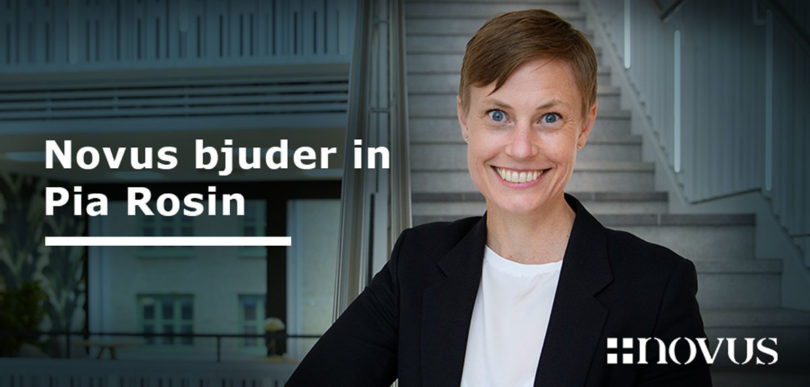
When the crisis comes
The other week, Telenor’s press manager and I held an internal meeting on how we work with crisis management. Colleagues expressed surprise that we work extremely structured and always according to the same process. Maybe we killed the communication department’s image as “nice guys”, but the truth is that good communication is well thought out and in a crisis there is no room to take chances.
For large parts of my career, I have worked in industries that are heavily scrutinized by both the media and investors and now in a company with close to three million customers who expect to be able to call, message and surf via our network. To be honest, I have applied to these industries because I think it’s fun when things get hot – you want to be on set in crunch time. Over the years I have dealt with lots of crises together with wise colleagues and the main success factor is to be well prepared. I am always prepared for a crisis.
Crisis is briefly defined as “very difficult situation” by the Swedish Academy’s glossary. It could be anything from a power outage that means the television service does not work in Piteå to Anonymous Sudan’s cyber attacks or a fire in an office. The worst kind of crisis is when someone gets hurt. Regardless of how bad it is, the process must be followed; analysis of the situation, goal setting with communication, target group and message, action and then evaluation. It is exactly the same step as in a normal communication plan. The only difference is that in a crisis you have less time and you need to have a plan for what you can say before you have the facts on the table. The media, customers and employees want answers, but communicating incorrect facts, speculating or not answering at all often blocks the crisis. “We don’t know yet, but we’re working on getting a picture of the situation” is a better answer until you find out. I usually call it Lex Subway. When you are stuck on the tube, you want to get regular updates from the driver, even if he has nothing new to say.
But how do you prepare for a situation that is impossible to predict? The most important thing is to build trust in the brand. At Telenor, we say that the communication department’s mission is to make Telenor “selectable”, which basically means that a potential customer, partner or employee must have a reasonably positive image of Telenor when evaluating an offer, collaboration or a job advertisement.
Exactly how to build trust can probably vary between different companies, but our philosophy is to try to get our knowledgeable and likeable experts out as much as possible. Competence, credibility, availability and likeability are important ingredients in building trust. Confidence is like a vaccine in a crisis. You get more time to answer and the probability is greater that the target group buys your answers and gives the organization peace of mind to solve the crisis itself.
In order to be able to deliver when the situation is critical, you have to practice. At Telenor media, we train all our spokespersons so that they are prepared to be able to talk about our business, both when everything is peaceful and joyful, and in a crisis. Most of the time, however, it is me or the press manager who are spokespersons in a crisis, and we probably train the most of all. We spar each other in the face of hypothetical situations and train even when we are in the middle of a burning crisis. There is always a minute to practice and get feedback so the message is understandable.
Good preparation strengthens self-confidence and when the storm comes, you want to feel safe. That said, I make sure to always be prepared for a crisis.
Pia Rosin
Head of Communications, Telenor Sweden
Pia Rosin is an economist from Lund and has more than 20 years of experience in investor relations and communication in everything from small IT companies to large companies. Pia eats crisis for breakfast and coaches basketball teams in the evenings and weekends. In between, her mission as communications manager is to make Telenor Sweden the choice of as many customers, partners and potential employees as possible.
Every month we offer knowledge, facts and reports in the area of branding and communication in the form of Novus Brand Letter.
Do you want to take part in it? Subscribe here.

